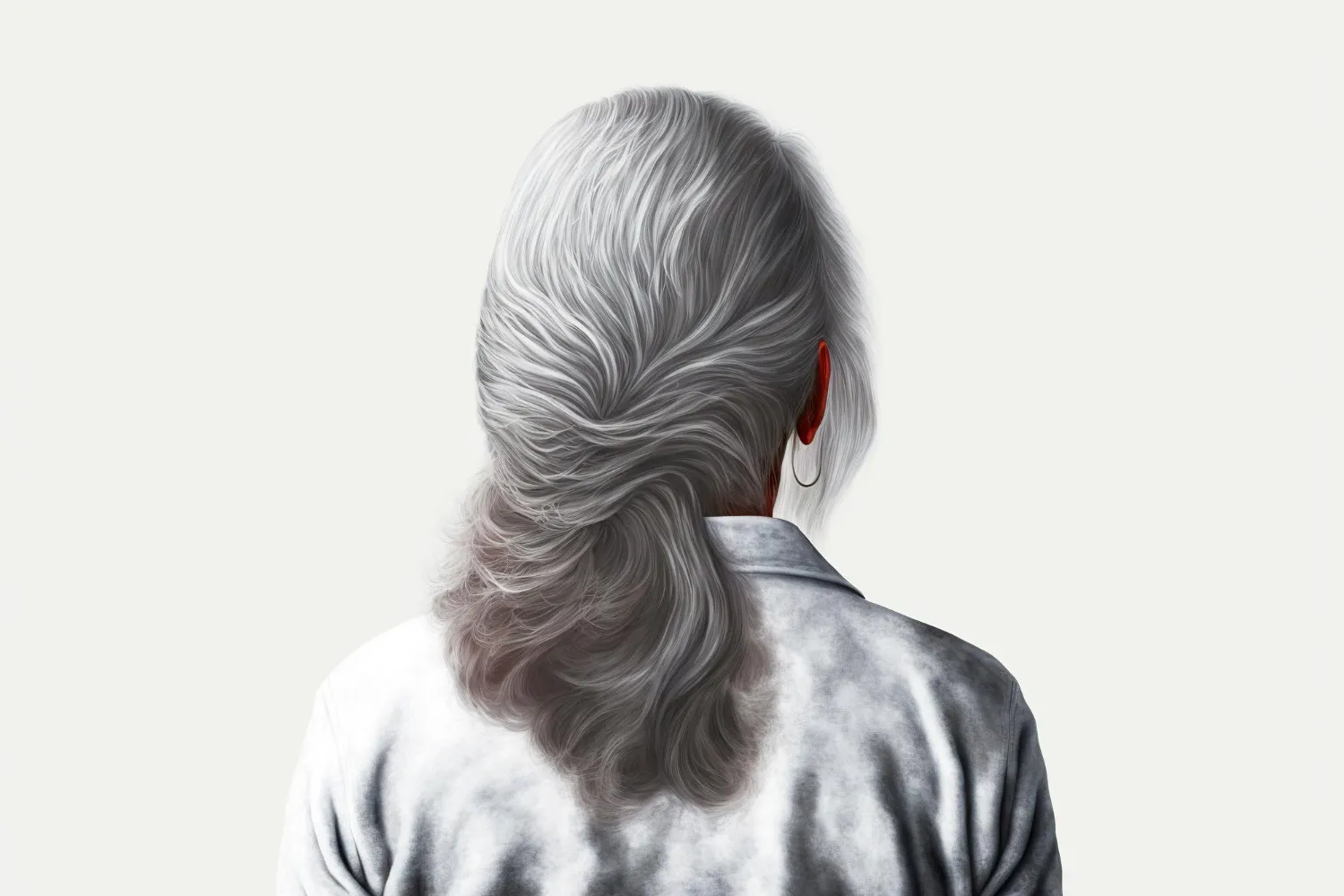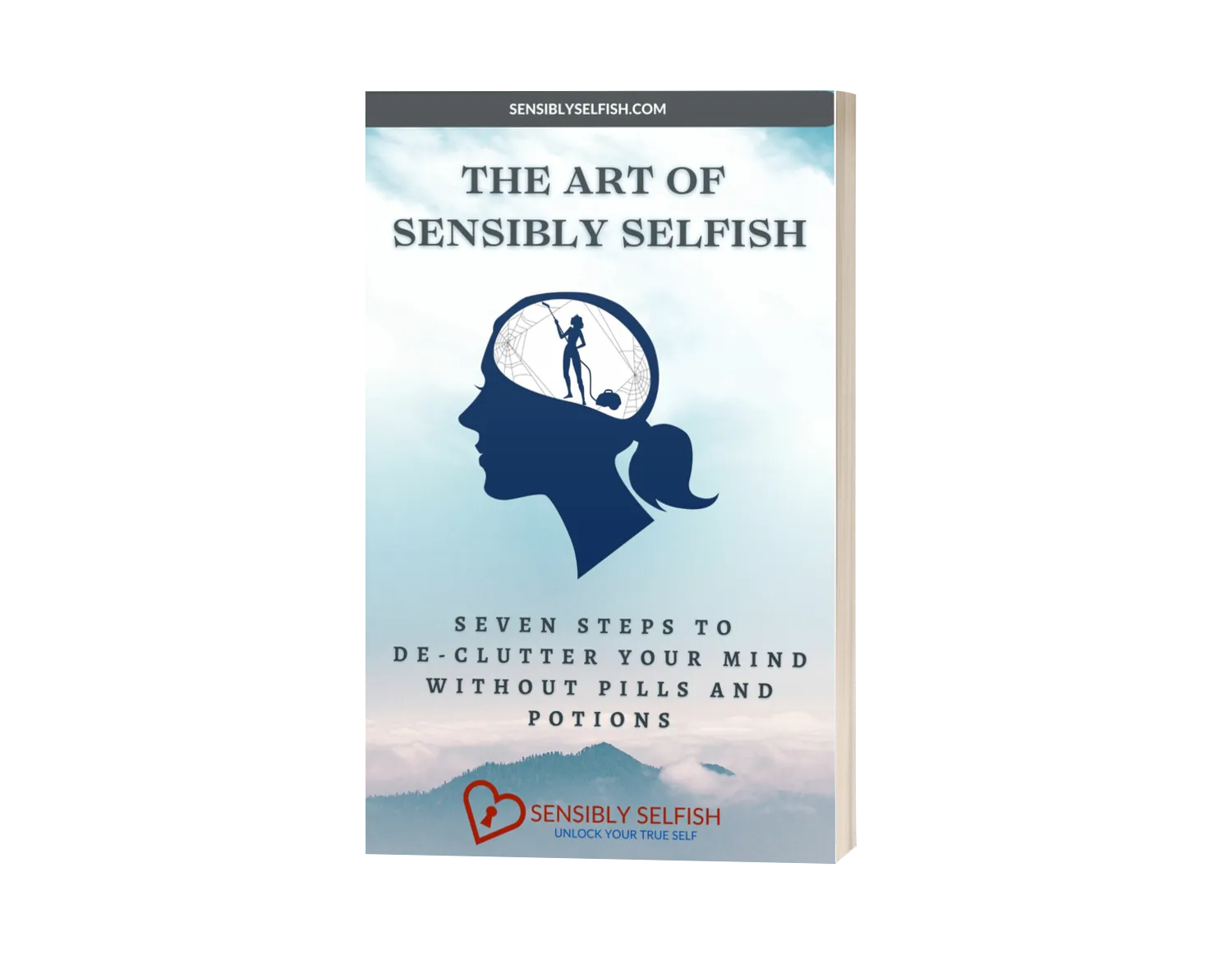Teeth: The Hidden Connection Between Midlife and Health
Maintaining Your Midlife Mojo
[Toc]

Teeth play a significant role in maintaining midlife health. Neglecting oral hygiene can affect various aspects of life. Research shows that poor oral hygiene can allow harmful bacteria to enter the bloodstream, trigger inflammation, damage blood vessels and increase the risk of heart disease.
Heart disease remains the leading cause of death in women in Europe and the United States with the incidence increasing during midlife. While one in thirty-one women will die from breast cancer, one in approximately two/three women will die from heart disease or stroke.
Take some time to read the post below, it makes sense to hone your teeth knowledge, create a healthy midlife smile and avoid being a heart statistic.
Dental Diet Habits
Before we look into teeth hygiene, establishing healthy dental habits during midlife can be a game-changer. Maintaining a balanced diet with limited sugary snacks and drinks is important for oral health. Cutting back on tobacco and alcohol consumption can also significantly improve the health of teeth and gums.
Drinking plenty of water promotes saliva production, which helps protect teeth from decay.
Including foods that require chewing in your diet can significantly contribute to maintaining excellent teeth health. Foods like crunchy fruits and vegetables, such as apples, carrots, and celery, are not only nutritious but also act as natural toothbrushes.
Chewing these foods stimulates saliva production, which helps neutralize acids and wash away harmful bacteria. Nuts, particularly almonds, are another great option as they contain beneficial minerals like calcium and phosphorus that aid in strengthening tooth enamel.
Additionally, foods rich in fiber, like whole grains, help keep your gums healthy by promoting blood circulation. Embracing these chewy and fiber-rich foods as part of your diet not only supports your overall health but also gives your teeth and jaws a natural workout, helping to maintain their strength and vitality.
Midlife individuals should also consider wearing mouthguards during physical activities to prevent dental injuries or during sleep if they grind their teeth.

Teeth Techniques
Proper teeth cleaning techniques are vital to dental hygiene. Brushing twice daily, for around two minutes each time, ideally after breakfast and before going to bed, with toothpaste and a soft-bristled brush is fundamental. Flossing at least once a day helps remove plaque and food particles between teeth, reducing the risk of gum disease.
If you can, it's also beneficial to brush your teeth after consuming particularly sugary or acidic foods or drinks, as these can contribute to tooth decay. However, it's essential to wait at least 30 minutes after consuming acidic foods or drinks before brushing, as the acid can temporarily weaken the tooth enamel, and brushing immediately afterward can potentially cause damage.
Using an electric toothbrush or an oral irrigator, incorporating a natural mouthwash such as bicarbonate soda into your routine can help control harmful bacteria and maintain fresher breath. Replace your toothbrush every three to four months or sooner if the bristles become frayed.
Gum Recession
While teeth cleaning is essential, gum cleaning holds equal importance. Proper gum cleaning helps prevent gum disease, which is a prevalent issue among midlife individuals. Gum disease can lead to symptoms like gum inflammation, bleeding, and even tooth loss if left untreated. To clean your gums make sure your toothbrush strokes cover both teeth and gums paying particular attention to the area where both join.
It is relatively normal for gums to recede with age exposing more of the tooth roots. This condition is known as gum recession or gingival recession. There are reasons why this occurs:
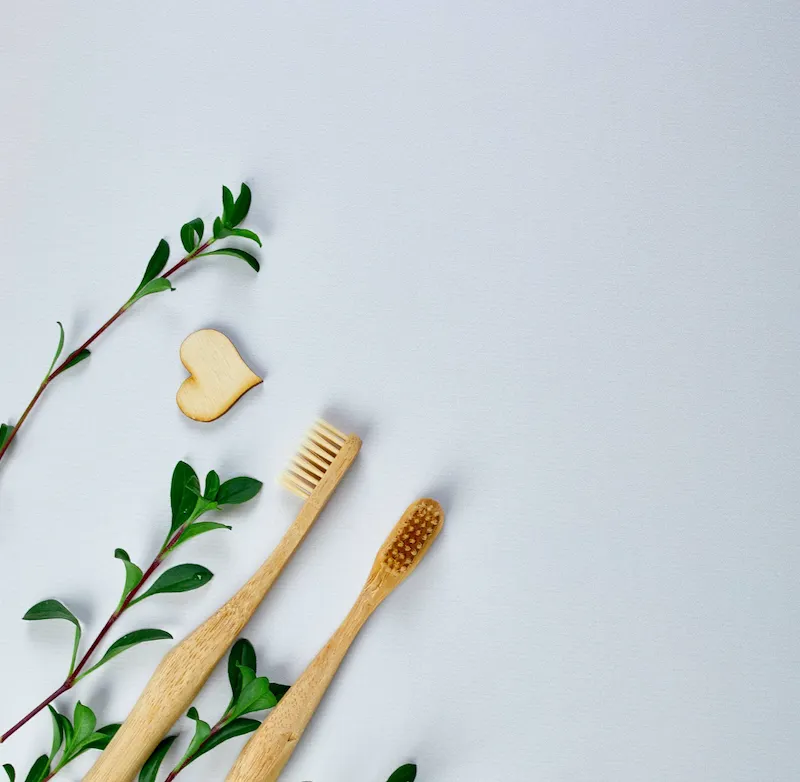
Natural aging process: As we age, our bodies undergo various changes, including the gums. The collagen and elastin fibers that support the gum tissue may weaken over time, leading to recession.
Gum disease (periodontal disease): Poor oral hygiene and untreated gum disease can cause the gums to recede. Plaque buildup and bacteria can irritate the gums, leading to inflammation and recession.
Brushing too hard: Aggressive tooth brushing can contribute to gum recession. Using a toothbrush with hard bristles or applying excessive pressure while brushing can wear away the gum tissue over time.
Genetics: Some individuals may be more prone to gum recession due to genetic factors and family history.
Tobacco use: Smoking or using other tobacco products can negatively affect gum health and contribute to gum recession.
Misaligned teeth or bite: Teeth that are not properly aligned can cause uneven pressure on the gums, leading to recession in certain areas.
Hormonal changes: Fluctuations in hormone levels, such as menopause, can also affect gum health and potentially lead to recession.
The Role of Dentists and Dental Hygienists in Midlife Health - The Importance of Regular Dental Checkups
Regular dental checkups are routine maintenance for health. These visits allow dentists to monitor your dental health closely, detect issues in their early stages, and provide preventive care. Dental professionals can identify problems such as tooth decay, gum disease, and signs of oral cancer before they worsen.
Dentists and dental hygienists are key players in midlife health maintenance and it is well worth having private insurance. Regular dental visits allow professionals to assess your oral health, identify potential issues, and provide personalized advice. Building a strong relationship with your dental care provider ensures that you receive the best possible care and support throughout your midlife journey. Their expertise can guide you in maintaining optimal dental health and preventing complications in the long run.

Case Study: Michelle
Meet Michelle, a happy and contented 52-year-old woman who leads an active lifestyle and has always been conscientious about her overall health. One day, she receives a heartfelt letter from her younger brother, who reveals a surprising family medical history – he has been diagnosed with a bicuspid valve in his heart. Concerned for Michelle's well-being, he advises her to take precautionary measures and undergo screenings with both a heart specialist and dentist. Intrigued by her brother's warning, Michelle decides to heed his advice and schedules appointments with the recommended specialists.
During her dental checkup, the dentist uncovers some early signs of gum disease and emphasizes the crucial link between oral health and heart health. Michelle is surprised to learn that poor dental hygiene can potentially contribute to heart disease. This revelation sparks her curiosity, leading her to delve deeper into the connection between dental health and overall well-being. Michelle adopts a more proactive approach to her dental care, recognizing that it's not only about a beautiful smile but also about safeguarding her heart health. Luckily the visit to the heart specialist showed no signs of heart disease nor for her children when they were tested.
The Psychological Aspect of Midlife Dental Health
Midlife dental health isn't just about physical well-being; it impacts mental and emotional aspects too. Dental problems during this phase can lead to lowered self-esteem and confidence. Missing or damaged teeth can hinder social interactions and affect personal relationships. Seeking professional dental care to address cosmetic concerns and investing in treatments like dental implants or veneers can restore confidence and contribute to overall happiness during midlife.
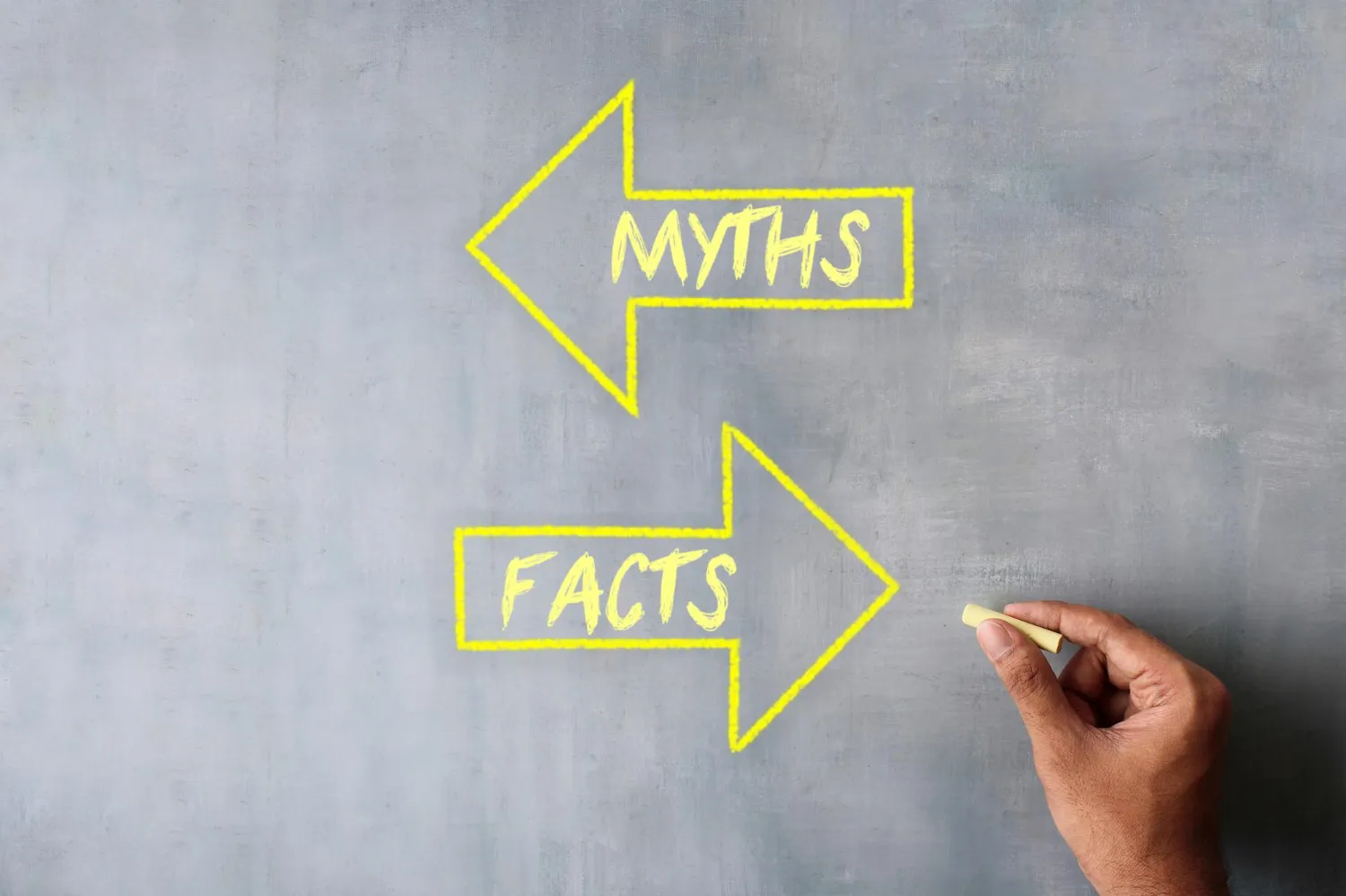
Common Myths and Misconceptions
Various myths and misconceptions surround dental health during midlife. One prevalent misconception is that losing teeth is a natural part of aging. However, with proper care and regular dental visits, tooth loss can often be prevented. Another myth is that dental problems are only cosmetic issues. In reality, dental health is closely connected to overall well-being. Debunking these myths empowers midlife individuals to take charge of their dental health, prioritize checkups, and embrace healthy habits for a confident and healthy smile.
1. Myth: Tooth loss is inevitable with age.
Reality: While tooth loss may become more common in older adults, it is not an inevitable part of aging. With proper oral hygiene, regular dental checkups, and a healthy lifestyle, many individuals can retain their natural teeth well into their later years.
2. Myth: Dental problems are only cosmetic issues.
Reality: Some people may believe that dental problems, such as missing or damaged teeth, are purely cosmetic concerns and not significant for overall health. In reality, dental health is closely linked to systemic health, and untreated dental issues can lead to complications such as infections and difficulty eating or speaking.
3. Myth: You don't need to visit the dentist if you have no pain or visible issues.
Reality: Dental problems can often be asymptomatic in their early stages, meaning you might not experience pain or see visible signs of trouble until the issue has progressed significantly. Regular dental checkups are crucial for early detection and prevention of potential problems.

4. Myth: Cavities are only a concern for children and young adults.
Reality: Cavities can occur at any age, including midlife. Changes in diet, medications, and overall health conditions can contribute to an increased risk of cavities in older adults. Maintaining good oral hygiene and visiting the dentist regularly are vital to prevent cavities and addressing them promptly when they do occur.
5. Myth: Dental care isn't necessary if you have dentures or dental implants.
Reality: Even if you have dentures or dental implants, proper oral care remains essential. Gum health, oral hygiene, and regular dental visits are crucial to ensure the longevity and proper function of dental prosthetics and to prevent complications like gum infections.
6. Myth: Bleeding gums during brushing are normal and not a cause for concern.
Reality: Bleeding gums are not normal and can be a sign of gum disease. Midlife individuals might be more susceptible to gum issues due to hormonal changes and other factors. If you experience bleeding gums, it's essential to consult a dentist to address the underlying problem promptly.
7. Myth: Brushing harder makes teeth cleaner.
Reality: Brushing too hard can actually harm your teeth and gums. It can lead to enamel wear, gum recession, and tooth sensitivity. Using a soft-bristled toothbrush and employing gentle, circular motions during brushing is the most effective and safe way to clean your teeth.
8. Myth: Teeth whitening is harmful to older teeth.
Reality: Teeth whitening procedures, when performed correctly and under professional guidance, are generally safe for older teeth. However, it's crucial to consult with a dentist before pursuing any whitening treatment to ensure it's appropriate for your dental health.
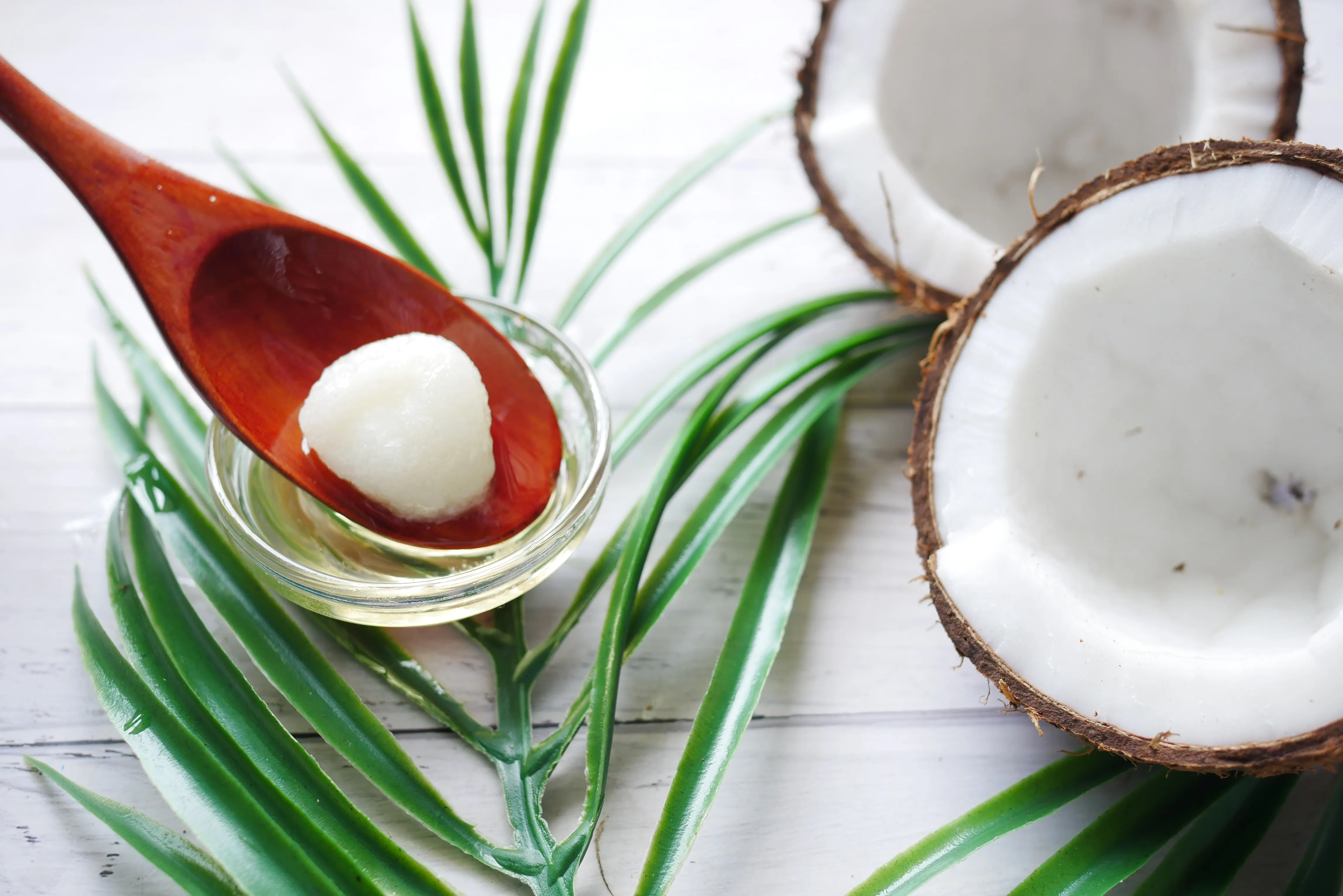
Oil Pulling For Teeth
Oil pulling is an ancient Ayurvedic practice that involves swishing oil around in the mouth to improve oral health. Coconut oil is one of the oils commonly used for this purpose. The process is believed to draw out toxins and harmful bacteria from the mouth, which, in turn, may promote oral hygiene. More research is needed to fully understand its benefits.
Here's how to do coconut oil pulling:
1. Choose high-quality coconut oil: Look for organic, cold-pressed, and unrefined coconut oil. These types of coconut oil are considered to be the best for oil pulling.
2. Start with a small amount: Take about 1 to 2 tablespoons of coconut oil. If you are new to oil pulling, you can start with a smaller amount and gradually increase it as you get comfortable.
3. Swish the oil in your mouth: Put the coconut oil in your mouth and swish it around for about 15 to 20 minutes. The idea is to cover all areas of your mouth, including your teeth and gums. Be sure not to swallow the oil, as it's believed to contain toxins and bacteria that you're trying to remove from your mouth.
4. Spit out the oil: After the swishing time is up, spit out the coconut oil into a trash can. Avoid spitting it into the sink, as the oil can solidify and clog the drain.
5. Rinse your mouth: Rinse your mouth thoroughly with water or mouthwash to remove any remaining oil.
It's important to note that oil pulling should not replace regular oral hygiene practices, such as brushing and flossing. While some people report improved oral health and fresher breath after regularly practicing oil pulling, scientific evidence supporting these claims is limited.

And Smile
Thank you for reading to the end. Now you can make simple informed decisions and take proactive steps to maintain your oral health and overall well-being. Be Sensibly Selfish, regular dental checkups, proper oral hygiene, and a healthy lifestyle are key factors in ensuring a healthy smile as you age.







